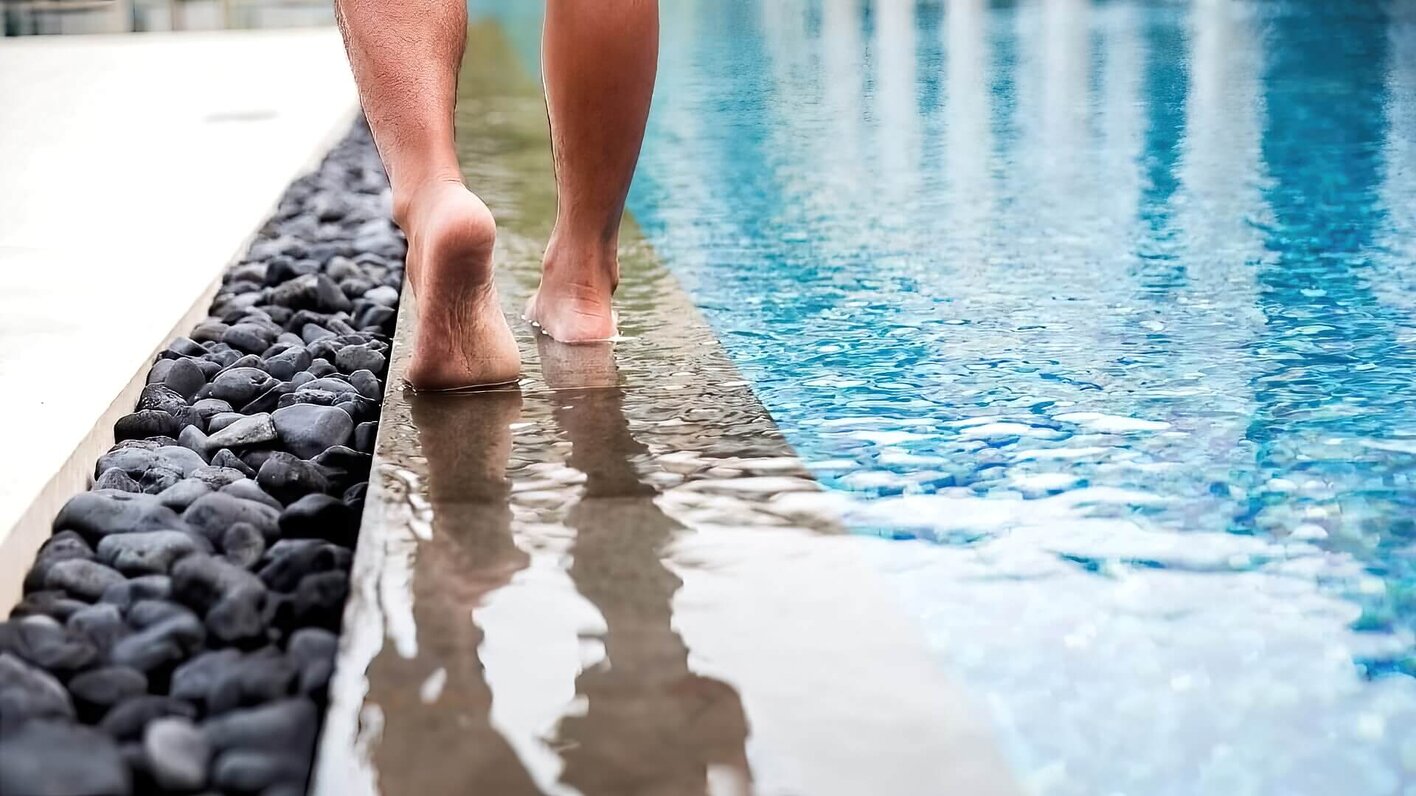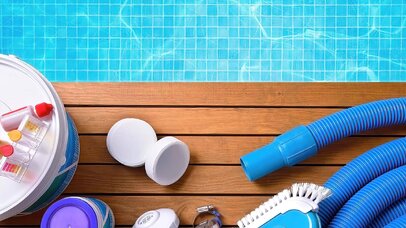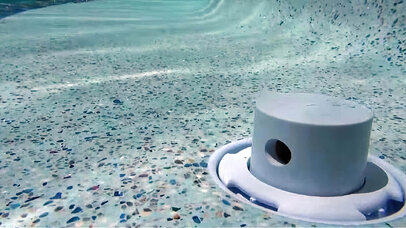Just owning a pool is not enough. You can only have the best swimming experience when your pool maintenance is top-notch.
Having a pool in your backyard might seem like a great idea until you have to start maintaining it regularly. We will not sugarcoat when we tell you that you must put in a reasonable amount of effort to keep water light and fresh.
However, thanks to technological advancement, you no longer have to do all the tasks manually. With the help of certain elements, you can keep the pool water free of unwanted impurities. But what exactly can you do? If you are looking for pro tips about cleaning the pool, you are at the right place.
So, without any more delay, let’s dive right in!
Best Ways To Clean Your Pool
1. Skimming The Pool
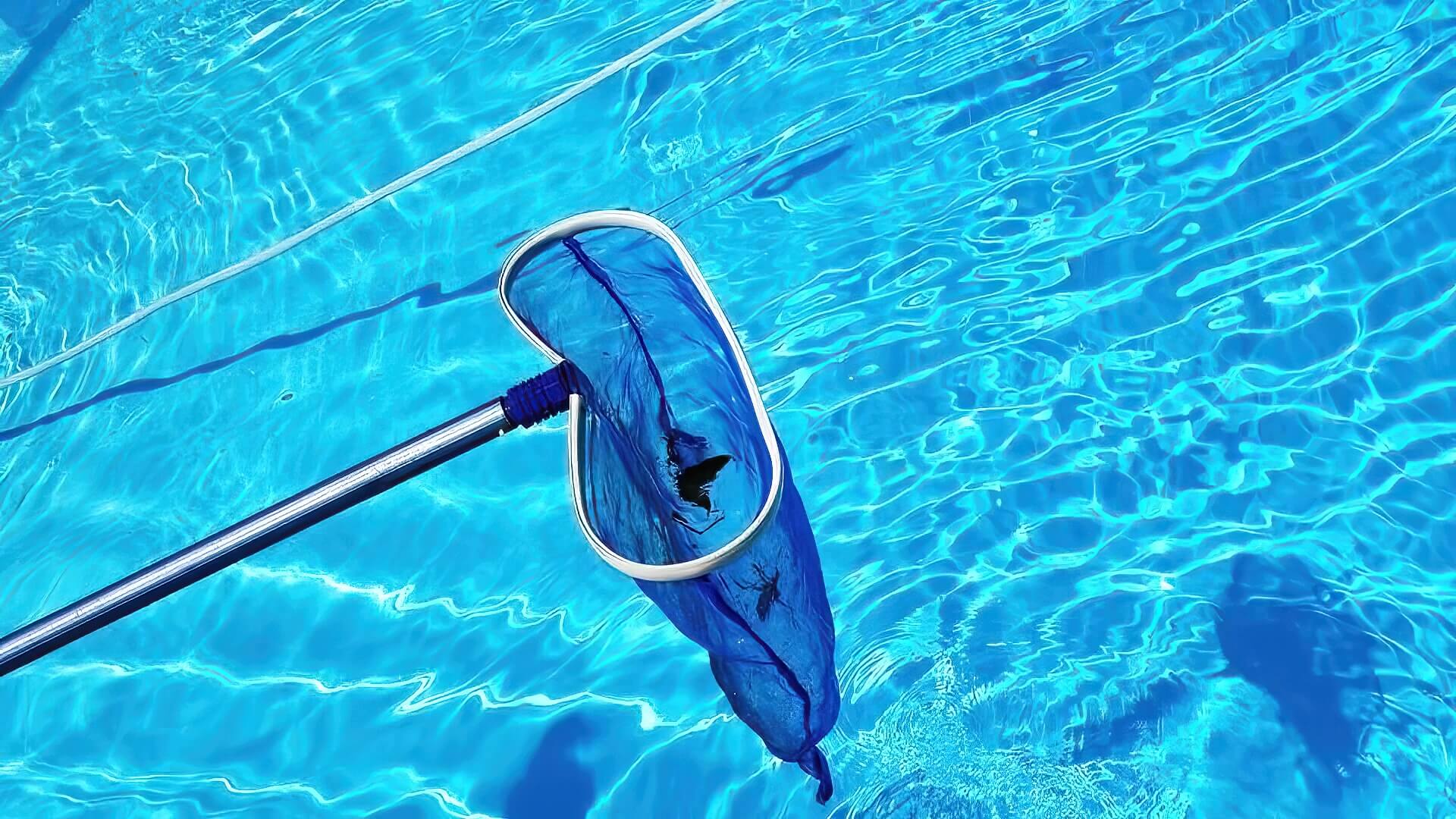
The best way to implement easy cleaning and pool maintenance is to skim the pool for dirt, leaves, and debris. Often, you will find unwanted objects like bugs, pollen, and leaves floating in the pool water.
To prevent them from sinking and settling at the bottom of the pool, it is ideal to skim the floating elements within 3-4 hours after they fall to ensure proper pool cleaning.
If you are not quick with the actions, the chances are that it will get challenging for you to remove them. And the other problem they will give rise to is algae growth. As most of these elements provide nutrients to the algae, the spread will be pretty fast. Then, it would become quite a task to keep your pool sparkling clean.
Once you use the skimmer to remove all the floating objects, it is best to clean the basket into the trash can immediately. If you let it stay, the chances are that it will worsen over time and be very difficult to remove.
When you put the skimmer back into the pool, the stuck objects will float back into the water in the worst-case scenario. So, there would be no point in engaging in the pool skimming process.
This skimming step is not essential for those who use a pool cover. However, if you do not use one, you should clean it once every 24 hours. Otherwise, skimming the pool at least once a week should be good for keeping your pool clean.
2. Using A Tennis Ball
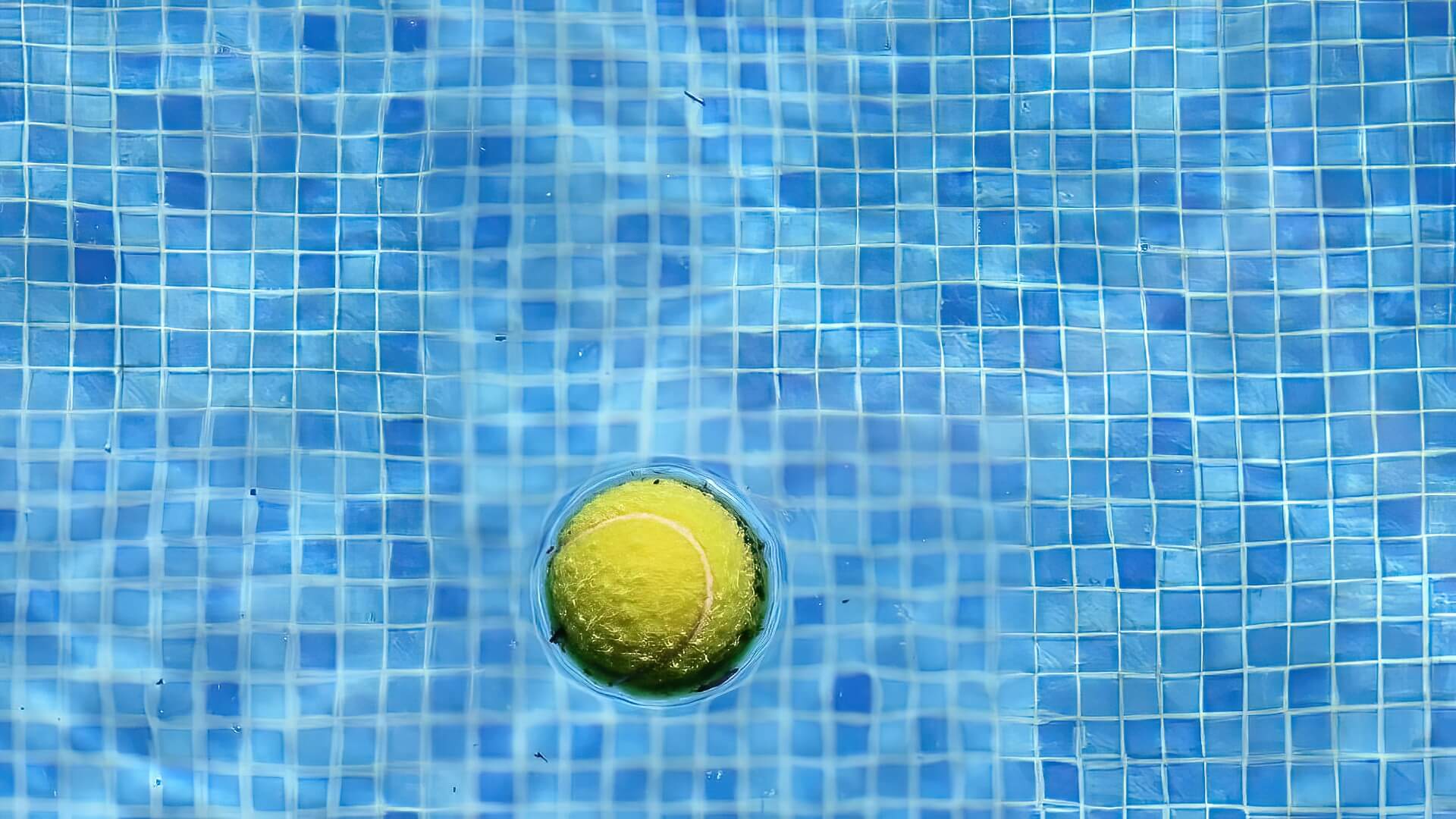
You would be surprised to know how well a tennis ball can work as a filtration system for your pool. Honestly, this is one of the oldest tricks in the book, but it always works wonders when it comes to pool cleaning. This will for sure keep the pH levels in check.
Tennis balls act as efficient filters to clean dirty water and remove any chemicals that might have drained from makeup, oils, and your body. This, in turn, will help maintain the chemical balance in the pool.
Wondering how that happens? Well, after you put a tennis ball into your outdoor pools or indoor pools, all the unwanted chemicals get soaked into the ball, and the water becomes crystal clear. And once you are done cleaning, the chlorine level will also be significantly less.
3. Shock The Pool For Better Air Quality
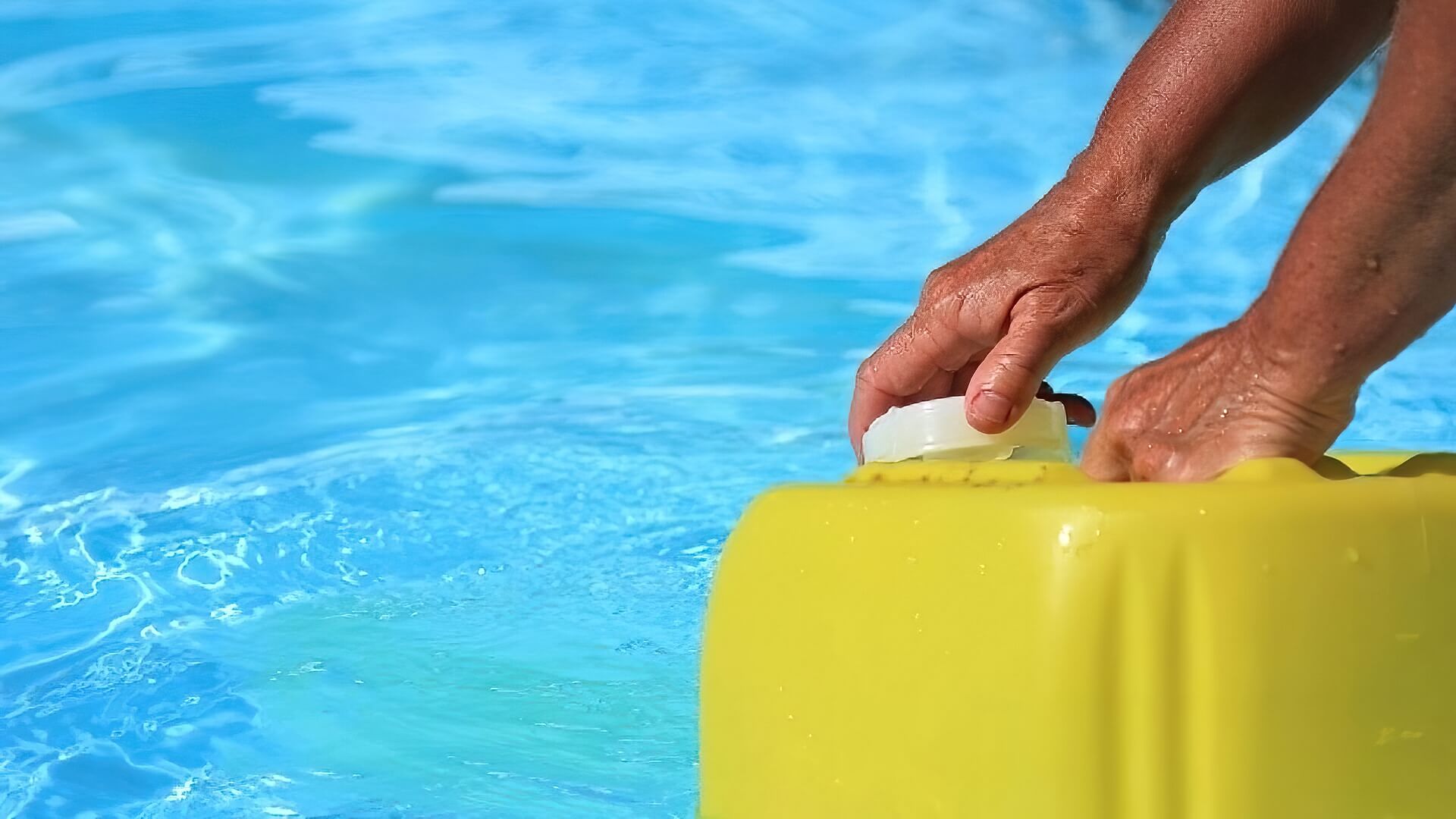
To keep your pool clean and free of unwanted materials, you should try to shock the pool water. When done right, this can help you clean the pool very efficiently. You can rest assured that the alkalinity of the pool is maintained, and harmful chemicals like ammonia and nitrogen are removed.
If you leave the pool water untreated for too long, the chlorine in the water will mix with these pool chemicals. The result? A cloudy pool. So, you should shock the water at least once a week by adding a good amount of chlorine to destroy the growth of harmful pool chemicals.
However, there is a particular manner in which you should conduct this method of pool maintenance. Keep your pool filter system on overnight and shock your pool at dusk. It is best to do it after sunset as the UV rays present during the day can deplete the chlorine and disrupt the pH levels of the water.
To keep the chlorine levels properly balanced, you must take reasonable care. And remember not to swim after shocking your pool.
Also, every pool with a pool cover requires less maintenance. While cleaning the pool, remember that you do not need to use the filter system whenever you shock the pool water. Hence, your pool cleaning process will be much more straightforward.
4. Regular Maintenance Work
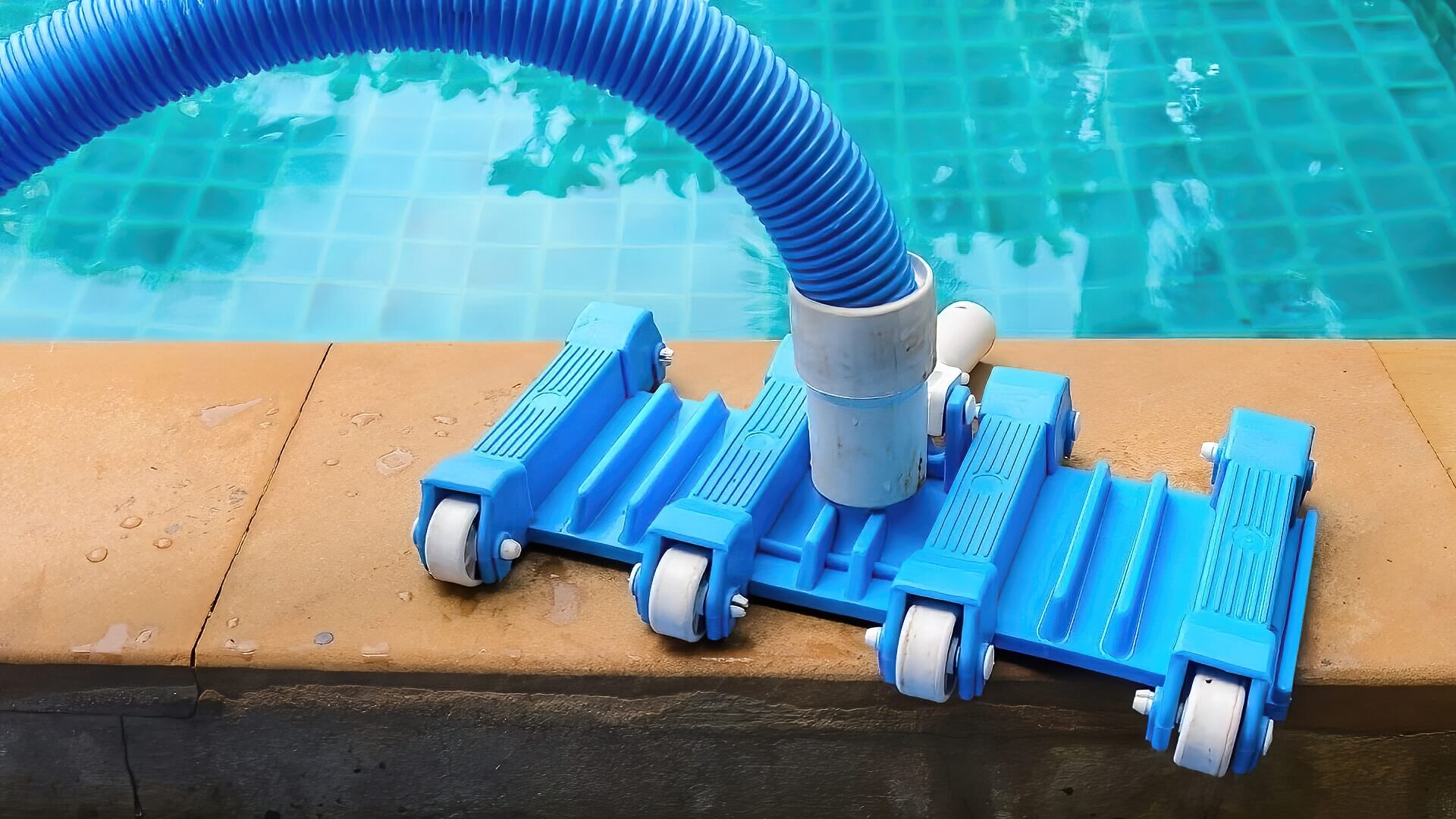
You must engage in frequent maintenance activities to keep the pool free of dust and dirt. You can install a sand filter in the pool to simplify your task.
However, we must clean the local pool more often when discussing it. When you use a test kit, you will see that the total alkalinity of the local pool is pretty high compared to private outdoor swimming pools. Remember that pool maintenance is like brushing teeth; the more often and diligently you do, the better the results.
Using a vacuum cleaner is another significant part of regular pool cleaning and maintenance. But remember that a pool vacuum differs from a regular vacuum you generally find with homeowners. And for better results, you can even think of installing a sand filter on it.
Pro tip: Clean the cartridge filter properly using a manual pool vacuum. If you do not do that, the chance is that the resultant calcium hardness will damage the filters.
So, to keep the calcium hardness to a minimum, you should add a pool pump to keep the water quality sound. Long story short, proper pool maintenance requires the right tools and pool equipment to physically and chemically balance the water.
5. Maintain The Right Chemical Levels
To enjoy the best pool water, you must maintain the water’s chemical balance. When the pH levels are incorrect, you will need a pool cleaner to prevent skin and eye irritation. If the water in the pool is not in the proper condition, it will also turn cloudy, making the water surface look dirty and uninviting.
To keep the chemical balance right, it is essential that you first test the pH level of the water with a testing kit. Once tested, check the colours on the pH scale to determine the pool water’s chemical levels. If the water’s chemical balance is incorrect, you need to modify the levels with the help of a filter or pool cleaner.
Even manually taking debris out of the pool can help make things better.
When water is treated correctly, there will be no algae, and the surface won’t be filled with impurities. The water testing should be conducted at least once every alternate week to ensure no need for immediate cleaning.
If you feel using chemicals is too costly, consider using baking soda. Sodium bicarbonate will help clean the water and keep the alkalinity of the pool in check. This is a very cost-effective method that you can use for surface water cleaning. But for deep cleaning purposes, you must try out more intensive techniques.
6. Check The Water Level
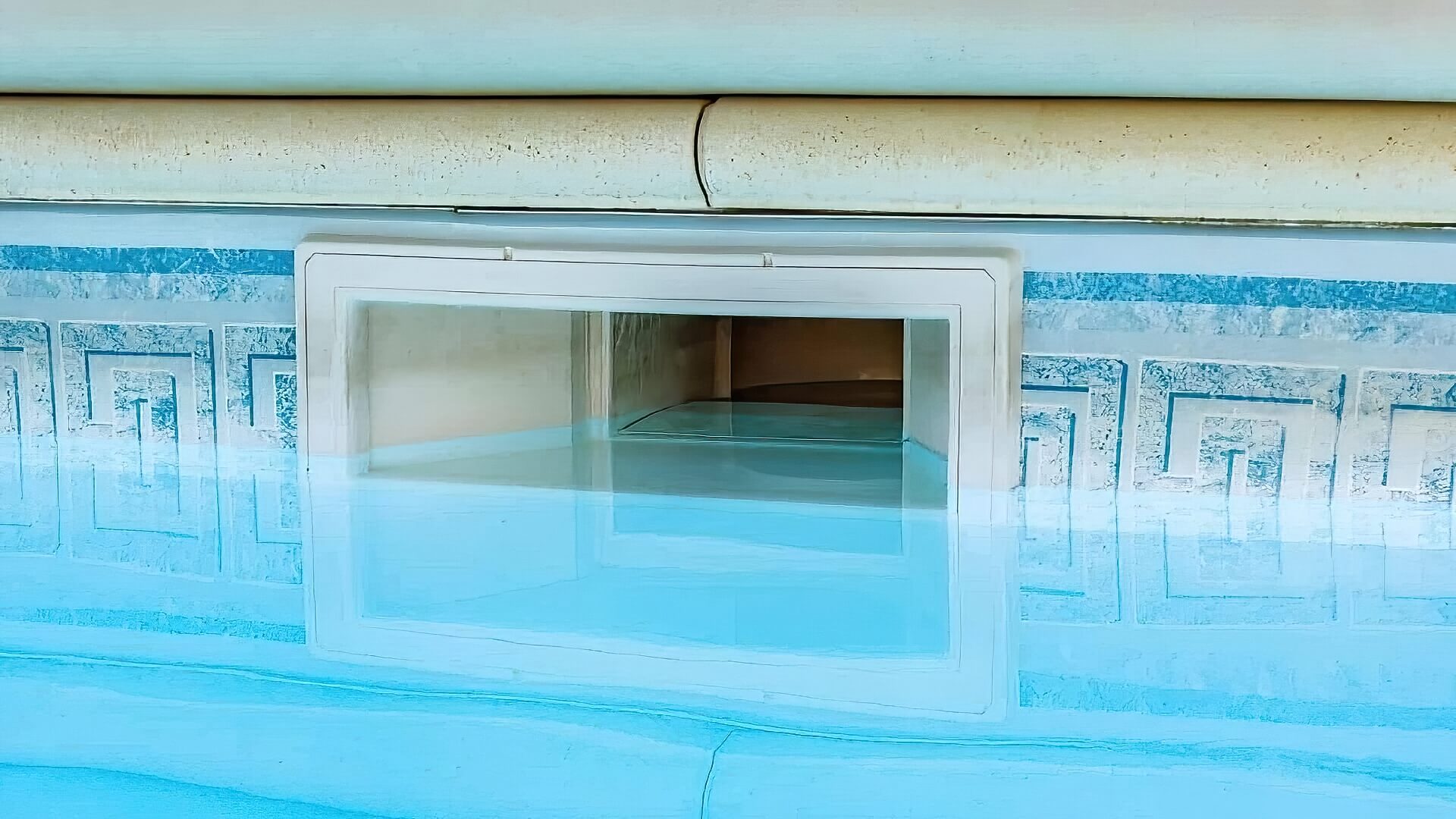
Keeping the physical water level right, not just the chemical levels, is essential. For example, the pool water level will likely rise after an afternoon of heavy rainfall.
You must open the skimmer halfway to bring things back to normal. Or you can submerge a pool pump and draw out the excess water. On the other hand, if the water level is too low, the chances are that you would need to pump in more water with the help of a hose.
When you add more water to increase the level in your pool, the chances are that the chemical level will get distributed. Put the testing kit back into the water to check the chlorine level is above three ppm. If the chlorine content is incorrect, the algae concentration will also multiply.
Cleaning Your Pool The Right Way!
With that, we have now reached the end of this comprehensive guide on cleaning your pool.
Keeping the pool free of impurities is not that big a task. And if you regularly maintain the pool free of debris and dirt, the chances are that your pool maintenance work will be reduced to half. So, you must ensure that the physical and chemical balance of the pool water is up to the mark.
If you want to read more about pool maintenance tips or how to keep your pool safe, do not forget to watch this space. And if you need any professional assistance, give us a call!
